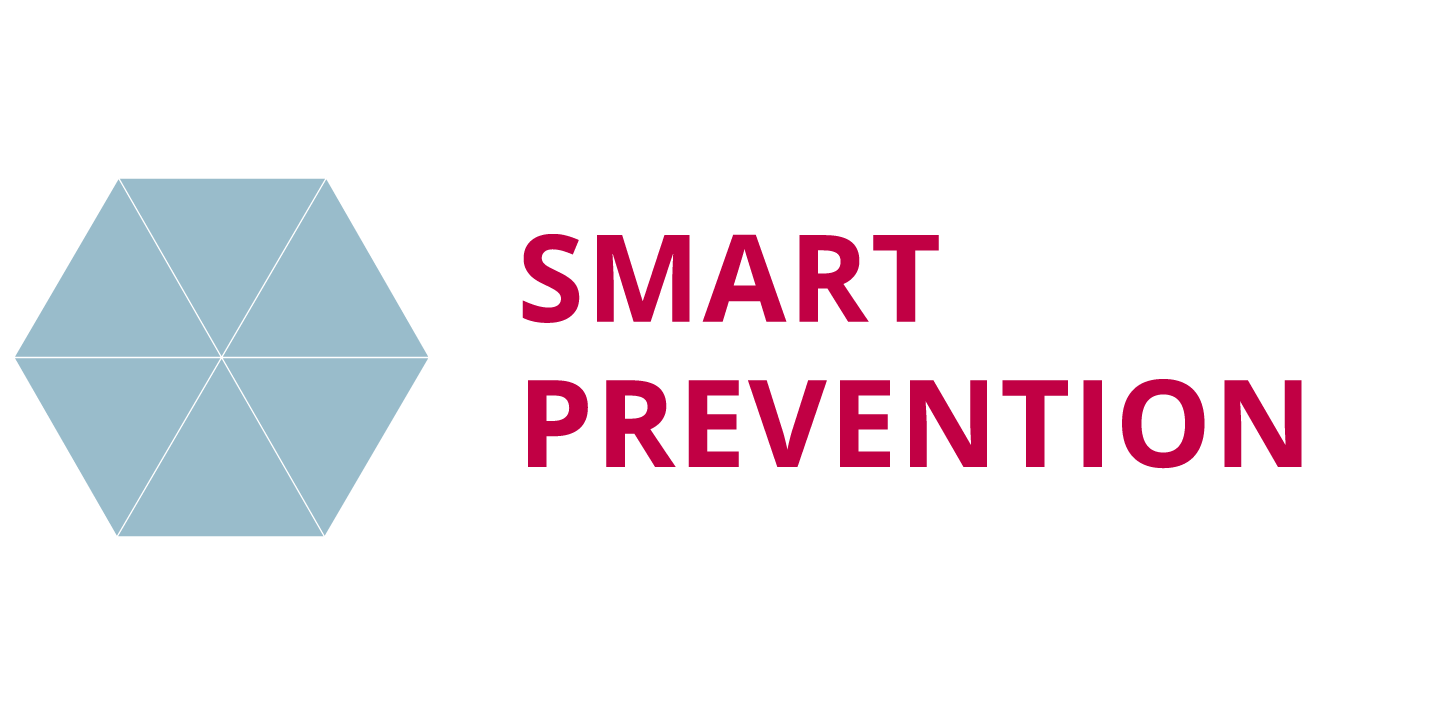- Pedagogics / Phenomenon / Gesa Stückmann
Gesa Stückmann
Phenomenon Digitization
- Stückmann: Threat
- Stückmann: Chances
- Stückmann: Vision
In addition to its positive aspects and advantages for the development of our society, digitisation unfortunately also has many dark sides. To a large extent, togetherness takes place via digital media, where the inhibition threshold is quickly lowered because people no longer have to look each other in the face. In the past, there was a netiquette that made appreciative interaction with one another on the Internet a maxim. Today, although many social media providers have a netiquette on their site, it is no more than lip service. The brutalization and often inhuman treatment of each other by young people causes me great concern: If this treatment becomes normal, if parents even set an example to their children, a generation will grow up that considers this treatment as normal. Judgments such as the one just passed in the Künast case confirm the public image. In addition, there is often little communication at home, because many adults are now almost exclusively on the move digitally and welcome this with their children in order to have peace and quiet. For the most part, parents have no idea what content their children will encounter on their smartphone, for example, what they are doing there.
In the supposed protection of the anonymity of
the internet is offensively attacked, insulted,
slandered, coerced.
The parental home would have to make the essential contribution here to set the course at an early age. School only cannot do this, especially since infringements of rights do not usually happen during school hours. But adults are largely ignorant about how to deal with digital media. In addition, adults also lack mutual appreciation and open, constructive criticism (see parents’ WhatsApp groups) – in other words, they are showing their children how to do it. If their own child becomes a perpetrator, they don’t want to believe it and protect their child instead of showing him or her another way.
On the other hand, people are less likely to like and comment, probably because they are afraid of hate comments or even a shit storm – this is also dangerous for our democracy, as it means that the hater will get more attention. It seems that they are in the majority, which is not the case at all. But too few speak out openly against hate on the internet because of fear – the silent mass is big.

Gesa Stückmann
- born in Düsseldorf
- 1988 – 1990 Apprenticeship as bank clerk
- 1990 – 1994 Study of law in Trier, 1st state examination
- 1996 2nd state examination in Rostock
- Since 2016 lawyer in Rostock in own law firm
- Married, 2 children (14 and 19 years)
- She has been working on cases of cyberbullying since 2007 and also holds voluntary lectures at schools in Mecklenburg-Vorpommern – since 2013 via webinars nationwide: around 1,200 webinars with approx. 70,000 participants
- 2011: Mecklenburg-Vorpommern State Prevention Prize. 2018: EMOTION Award “Social values”. 2019: NDR award “Nicht meckern, machen!” [“Don’t grumble, do it!”]
- Phenomenon
- Threat
- Chances
- Vision





Comments